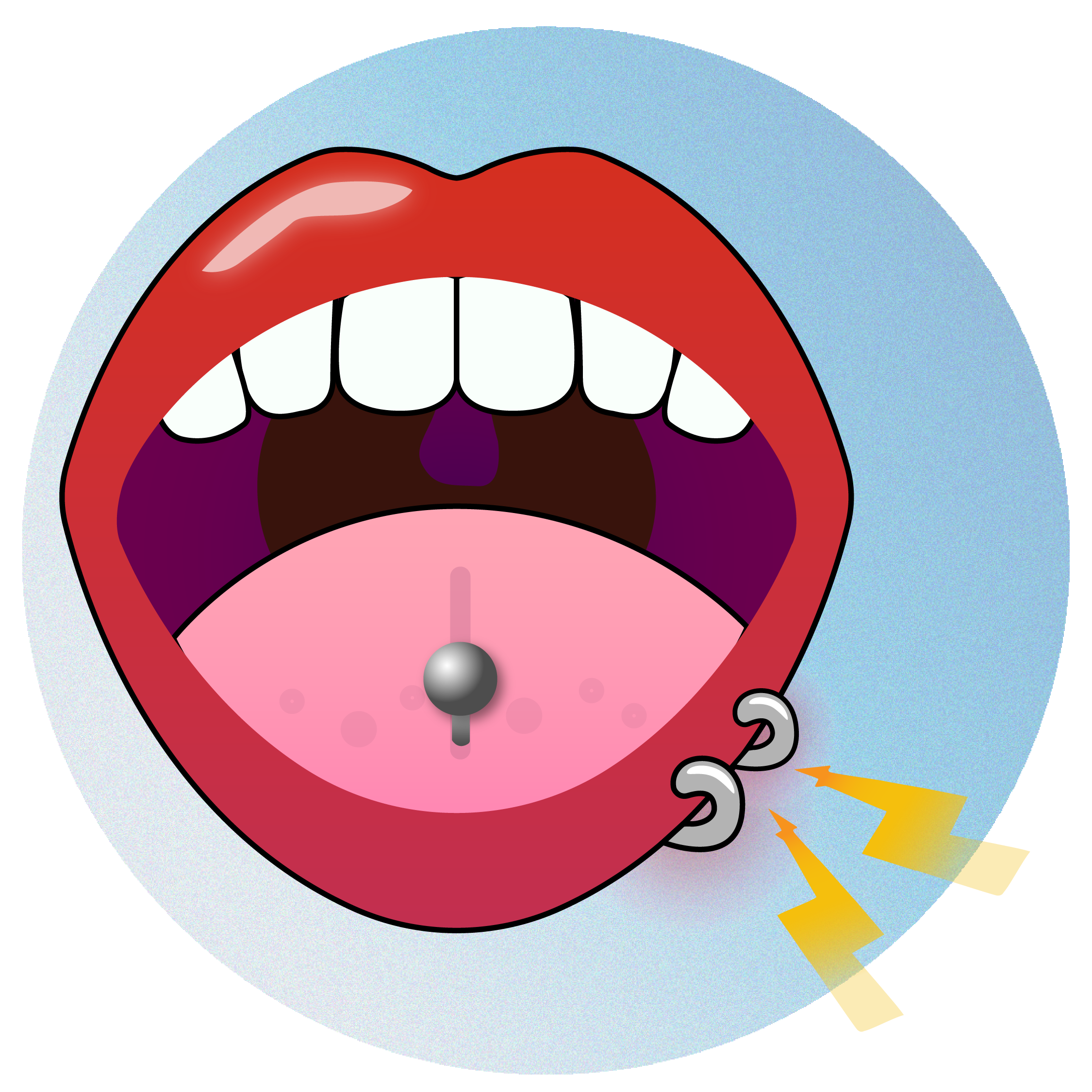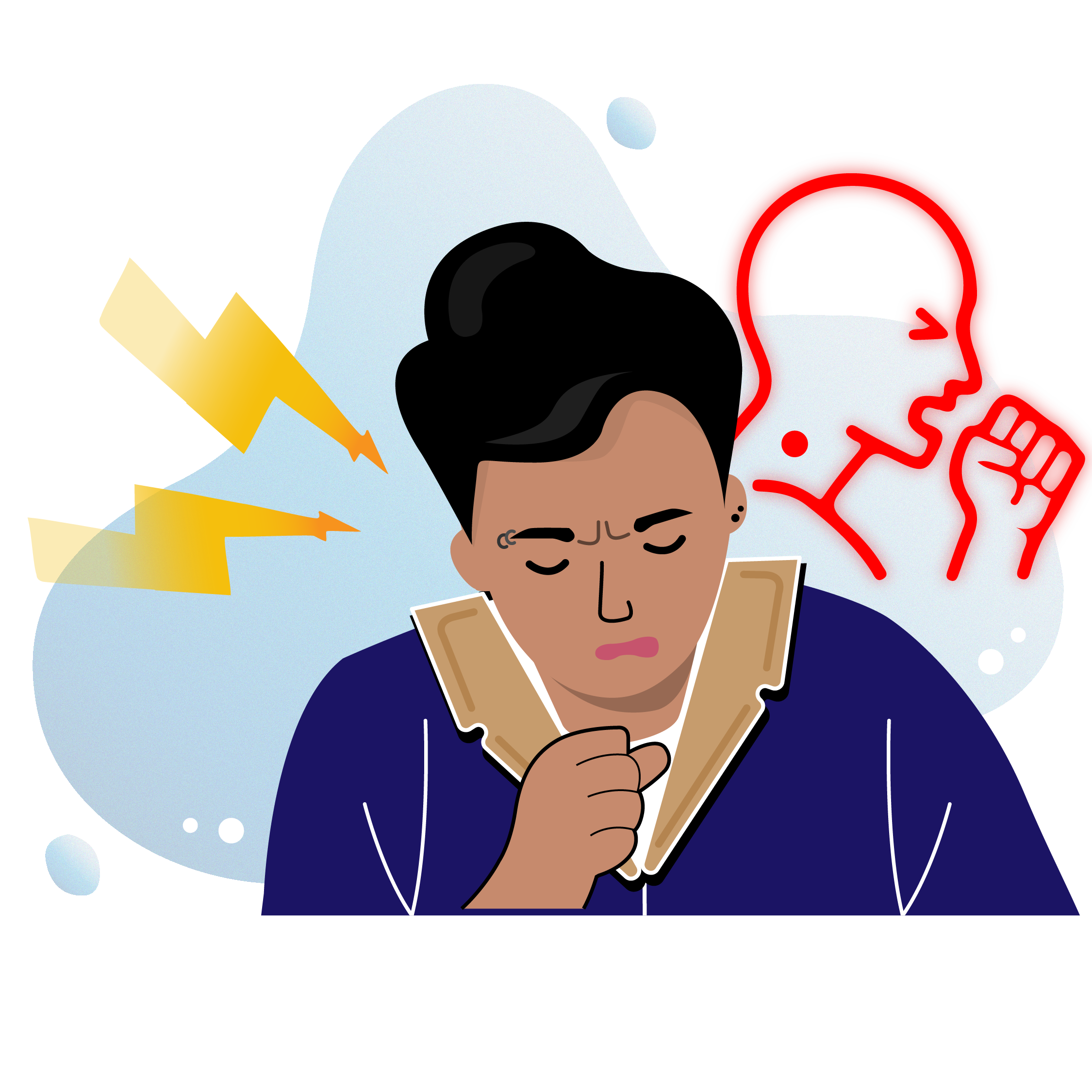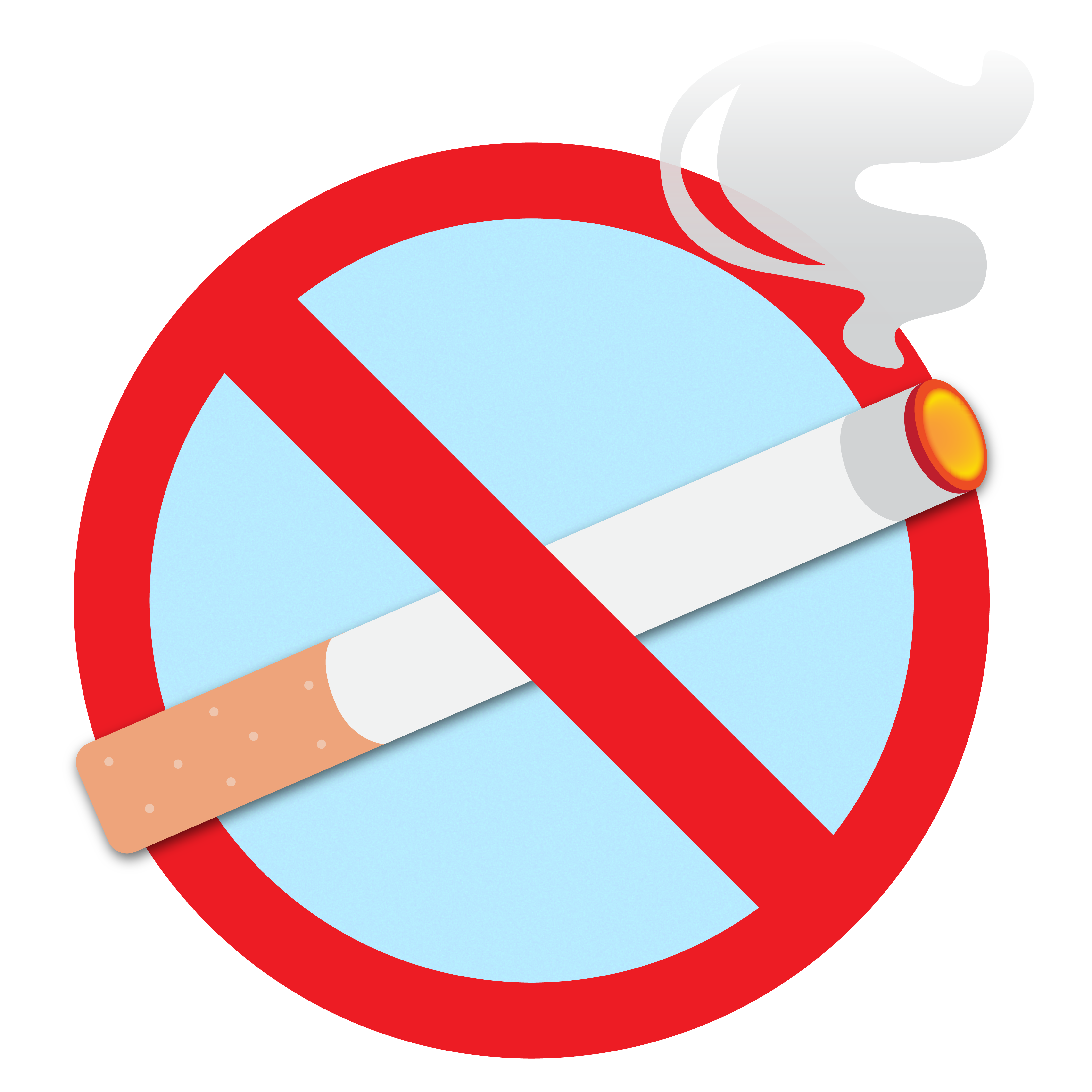
Popular trends and styles are constantly changing. People may get piercings as a form of self-expression without considering the consequences of their decision. Piercing your mouth, tongue, or upper/lower lip can have serious health complications, so consider the risks and effects this can have on your oral health before going through with it.
Your mouth is a delicate balance of good bacteria, cavity-causing bacteria, saliva, teeth, and gum tissue. A metal piercing, which is a foreign body, can cause shifts in the balance of the oral environment, which can negatively affect your oral health.

Possible complications from piercings:
- Bleeding
- Pain
- Swelling which can compromise your airway and breathing
- Infection
- Injury to your teeth, gums or tongue
- Alteration of taste
- Jewelry falling out and choking on or swallowing it
- Difficulty speaking
If you already have an oral piercing, here are precautions you can take to reduce or avoid damage to your mouth:

- Avoid playing with jewelry because the metal can cause injury to your teeth or gums.
- Keep the piercing clean by removing it periodically and rinsing your mouth with warm, salt water.
- Maintain excellent dental hygiene by brushing twice daily and flossing.
- Keep up with regular dental appointments.
- Remove jewelry before sports and consider using a protective mouthguard.
- Don’t use tobacco products. If you do use tobacco (smoking, vaping, chewing), consider quitting.
If you have further questions, discuss any dental concerns with your dentist or hygienist.
Resources:
This information in this post is for general educational purposes only and does not warrant or represent any information as related to health as specifically appropriate for you. It is not intended to be medical advice or replace the relationship that you have with your health care providers. You should always seek medical advice on any diagnosis or treatment from a qualified health care provider. The information is provided “as is” without any representations or warranties, express or implied.





